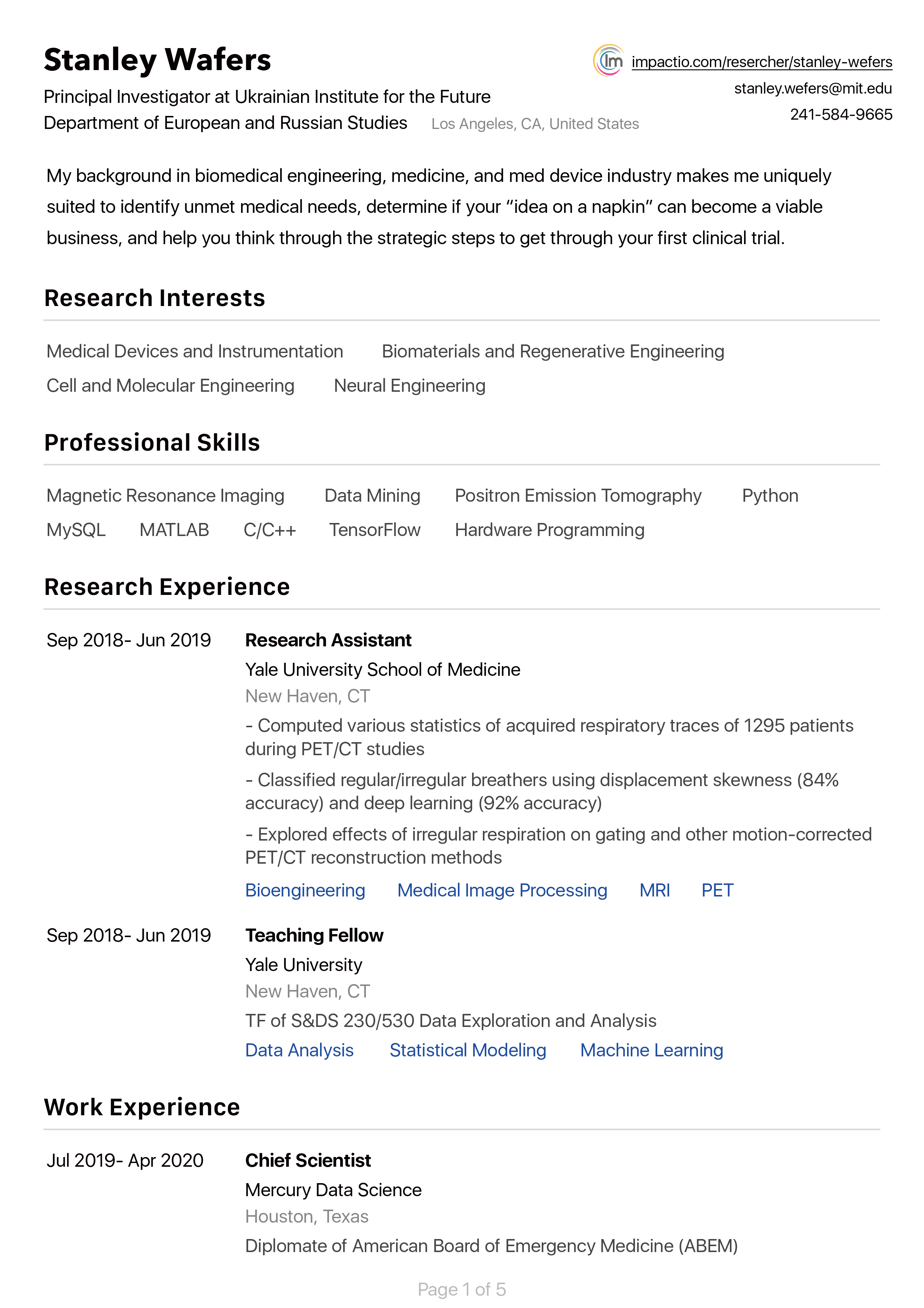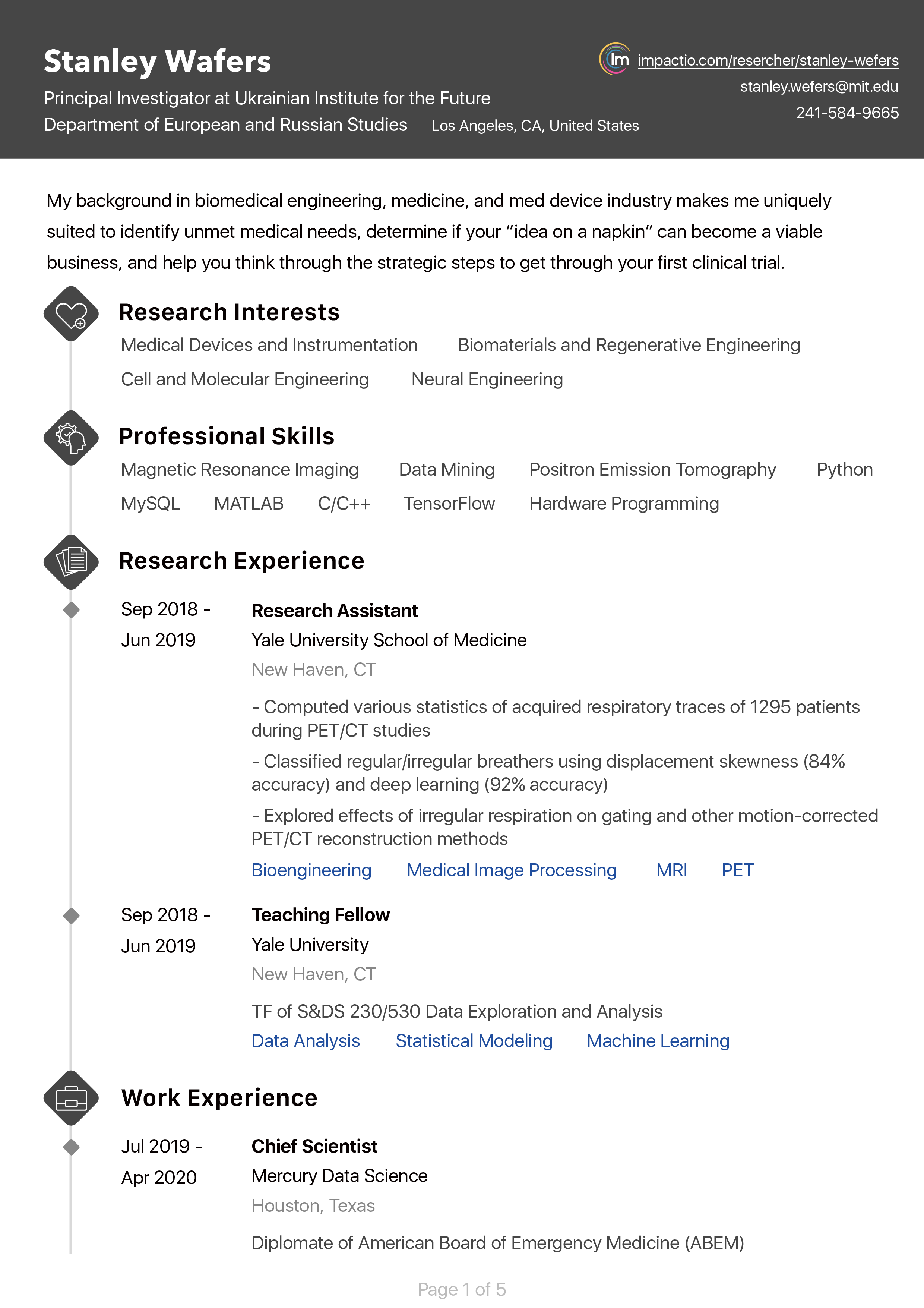Currently, Dr. Stevens is responsible for directing a clinical neuroscience research lab at the Olin NRC that uses neuroimaging (both fMRI and structural neuroimaging) and other neurobiological research techniques (EEG, genetics, neuropsychological assessment) to address cognitive and clinical neuroscience questions in childhood psychiatric disorders. Dr. Stevens’ faculty responsibilities all directly involve research, or teaching/administrative duties relevant to this research mission. Dr. Stevens’ research is broadly aimed at better understanding the neurobiological basis of many different neuropsychiatric illnesses. He is principal investigator on projects studying the genetic and neural basis of AD/HD, Conduct Disorder, adolescent depression, and traumatic brain injury, and makes active contributions to multiple other NIH-funded grants of his colleagues. Although he has varied interests in the types of psychopathology he studies, his career activities have been generally focused on understanding developmental aspects of psychopathology. His research program to date can be broadly described as study of neurobiological risk for psychiatric illness, differentiating clinically similar psychiatric disorders that arise in childhood on the neurobiological level (including identifying predictive endophenotypes for genetic association studies), and studying the interaction of neurobiological abnormalities and maturation. In particular, Dr. Stevens has made significant conceptual contributions in the past several years to understanding neural network connectivity in neurodevelopmental psychiatric illnesses and cognitive development. He is an active researcher in the field of developmental cognitive neuroscience, examining trajectories of neural network development, relationships between structural and functional neural network integration, and how abnormalities in systems-level brain connectivity contribute to the pathophysiology of psychiatric illnesses.








